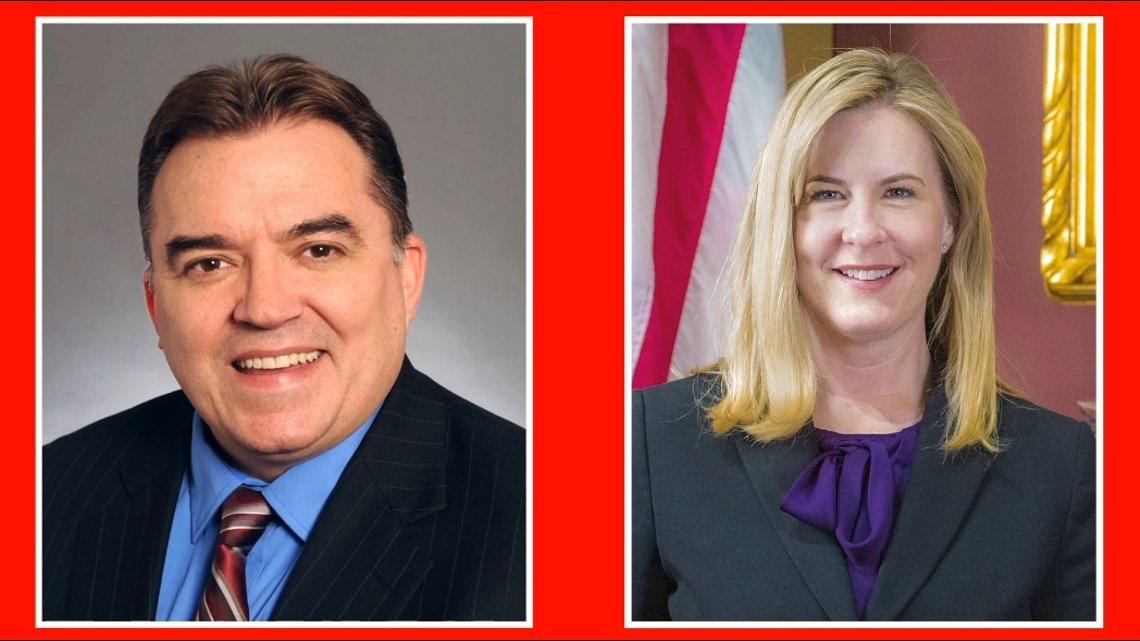
Childhood and Schoolin
Born in Brookline, Massachusetts, on November 20, 1925, Robert Francis Kennedy was the seventh child in the vast and aspirational Kennedy family, which included Rose and Joseph P. Kennedy. He previously reflected on his family dynamics by saying, “I was the seventh of nine children, and when you come from that far down, you have to struggle to survive.”
Kennedy served in the Navy during World War II after attending Milton Academy. He then obtained a law degree from the University of Virginia three years after graduating from Harvard University in 1948 with a degree in government. The Kennedy family dinner table evolved into a forum for debate outside of formal schooling, where talks on current affairs and history equipped him for a career in government service.
Family Life and Entry into Politics
Robert married Greenwich, Connecticut native Ethel Skakel in 1950, and the two would go on to have eleven kids. He oversaw his brother John F. Kennedy’s victorious run for the U.S. Senate in 1952, marking the beginning of his political career.
After that, Robert briefly worked on Senator Joseph McCarthy’s Senate Subcommittee on Investigations before resigning because of McCarthy’s combative tactics. Later, when he returned as chief counsel, he denounced McCarthy’s contentious Army investigations and became well-known across the country as the Senate Rackets Committee’s principal investigator, revealing corruption among union leaders like Jimmy Hoffa.
Position as Civil Rights Advocate and Attorney General
During his tenure as Attorney General under John F. Kennedy, Robert Kennedy made combating organized crime a top priority, and prosecutions increased dramatically. His efforts to guarantee that African Americans could vote, attend integrated schools, and have equal access to public facilities demonstrated his commitment to civil rights. In the midst of violent rioting in 1962, he upheld federal court orders to admit James Meredith, the first African American student, to the University of Mississippi.
Kennedy worked with President Kennedy to draft the historic Civil Rights Act of 1964, which advanced racial justice throughout the United States, in part because of his dedication to equality.
Foreign Policy Influence and the Cuban Missile Crisis
A pivotal figure in international policy, especially during the Cuban Missile Crisis, Robert Kennedy served as both Attorney General and his brother’s closest counselor. He contributed to the development of a plan to stop nuclear exchange with the Soviet Union, which resulted in a diplomatic settlement.
U.S. Senator and Advocate for Social Justice
Following his resignation as Attorney General, Robert Kennedy was elected to the U.S. Senate representing New York in 1964. In his capacity as senator, he supported initiatives for impoverished neighborhoods, such as Brooklyn’s Bedford Street Restoration Corporation, which enhanced living conditions and created jobs. His interest in poverty led him to travel to places like the Mississippi Delta, where he brought attention to the predicament of families that are hungry and living in poverty.
Kennedy supported legislation that prioritized employment prospects over welfare and encouraged private companies to establish jobs in underdeveloped areas.
Human Rights, Civil Rights, and the Vietnam War
Kennedy advocated for human rights in South Africa, Latin America, and Eastern Europe, demonstrating his global vision. He affirmed his belief in the strength of opposing injustice in a 1966 speech to South African students, stating, “Each time a man stands up for an ideal… he sends forth a tiny ripple of hope.”
Kennedy was an outspoken opponent of the Vietnam War who first supported it, calling for a peaceful conclusion and opposing President Johnson’s strategy. His famous comment, “Are we like the God of the Old Testament that we can decide, in Washington, DC, what cities… in Vietnam are going to be destroyed?” highlighted the moral obligation to look for other solutions.

Presidential Campaign and Tragic Assassination
On March 16, 1968, Kennedy entered the race for the Democratic presidential nomination, inspiring hope and enthusiasm as he aimed to bridge America’s divides. After winning key primaries, his campaign was tragically cut short on June 5, 1968, when he was fatally shot following his California primary victory. His legacy endures, as the Robert F. Kennedy Memorial continues his mission of justice and compassion.
The Legacy of Robert F. Kennedy
Even though Robert F. Kennedy’s life was brutally cut short, generations have been influenced by his impact. His commitment to civil rights, empathy for the marginalized, and resolve to combat poverty and inequality set the stage for long-lasting social transformation in the United States. People from many walks of life found great resonance in his efforts to dismantle racial, social, and economic barriers, and his work served as inspiration for current campaigns for equality and justice.
Following his death, the Robert F. Kennedy Memorial was created as a center for human rights advocacy and support for topics that were important to him. In addition to commemorating his memory, the foundation is now a functioning institution that supports underprivileged communities legally, promotes civil rights, and inspires youth to get involved in civic duties. The organization’s educational programs continue to foster a sense of social responsibility and inspire a new generation of leaders.
His Lasting Impact on Civil Rights and Social Justice
One of Kennedy’s most significant contributions to civil rights legislation is still his influence on the Civil Rights Act of 1964. His unwavering commitment to seeing justice served for all Americans has an impact on succeeding generations. Alongside President Kennedy, he supported the historic Civil Rights Act, which established broad reforms throughout the United States that radically altered the social fabric by guaranteeing rights and protections to all citizens, regardless of race.
Kennedy’s dedication to economic fairness also produced laws that are now used as examples to fight poverty. His advocacy for job possibilities in underprivileged areas, support for vocational training, and emphasis on urban regeneration all demonstrated his conviction that creating economic opportunity was essential to creating a more just society. Bedford-Stuyvesant’s nation’s first community development organization, the Restoration Initiative in New York, served as a template for similar initiatives in other cities.
A Voice for Human Rights and Peace
Kennedy’s dedication to human rights struck a chord with people all across the world. He had a lasting impression on South Africa’s youth during his 1966 tour, speaking out against injustice and apartheid. For many who were persecuted under the apartheid government, he became a symbol of hope. Often known as the “Ripple of Hope” speech, it urged people everywhere to defend justice and served as a reminder that even modest deeds of bravery may result in significant change.
Kennedy’s support of peace throughout the Vietnam War further demonstrated his commitment to a more compassionate foreign policy. As his position changed, he began to doubt the US’s role more and more, favoring diplomacy and an emphasis on South Vietnam’s political and socioeconomic stability. His public dissent against the war inspired a movement among young Americans who sought a peaceful end to the conflict, demonstrating his lasting influence on anti-war advocacy and public opinion on foreign policy.
Inspiration and Influence on Future Leaders
Political leaders, activists, and community champions are still influenced by the principles and vision of Robert F. Kennedy. He established a strong example with his bravery in facing injustice, compassion for the underprivileged, and unwavering dedication to social justice and advancement. He left behind a model for moral leadership based on compassion, fairness, and faith in everyone’s potential. His work is cited as an ongoing source of inspiration by individuals such as Senator Bernie Sanders, President Barack Obama, and other civil rights advocates.

Kennedy promoted the idea that each person has a part to play in creating a just society through his words, deeds, and policies. His legacy serves as a reminder that leaders have a responsibility not only to their constituents but to humanity as a whole. He showed belief that uplifting the oppressed and speaking out against injustice, especially when doing so is difficult or controversial, are essential components of true leadership.
Conclusion: A Legacy of Hope and Justice
The life of Robert F. Kennedy is one of optimism, fortitude, and an unwavering pursuit of a more just and humane society. His work continues to inspire others who want to change the world, and his vision endures beyond his time. He established a legacy of compassion and advocacy that is still significant today via his dedication to social justice, civil rights, and international human rights.
Perhaps Kennedy’s greatest legacy is his faith in the ability of individuals to effect change. His life and activities serve as a reminder that even little deeds of bravery can create a wave of change that can overcome the strongest obstacles. “Every time a man stands up for an ideal, he sends forth a tiny ripple of hope,” he famously remarked. Those ripples keep spreading, encouraging future generations to join the struggle for equality, justice, and human decency.










Leave a Reply